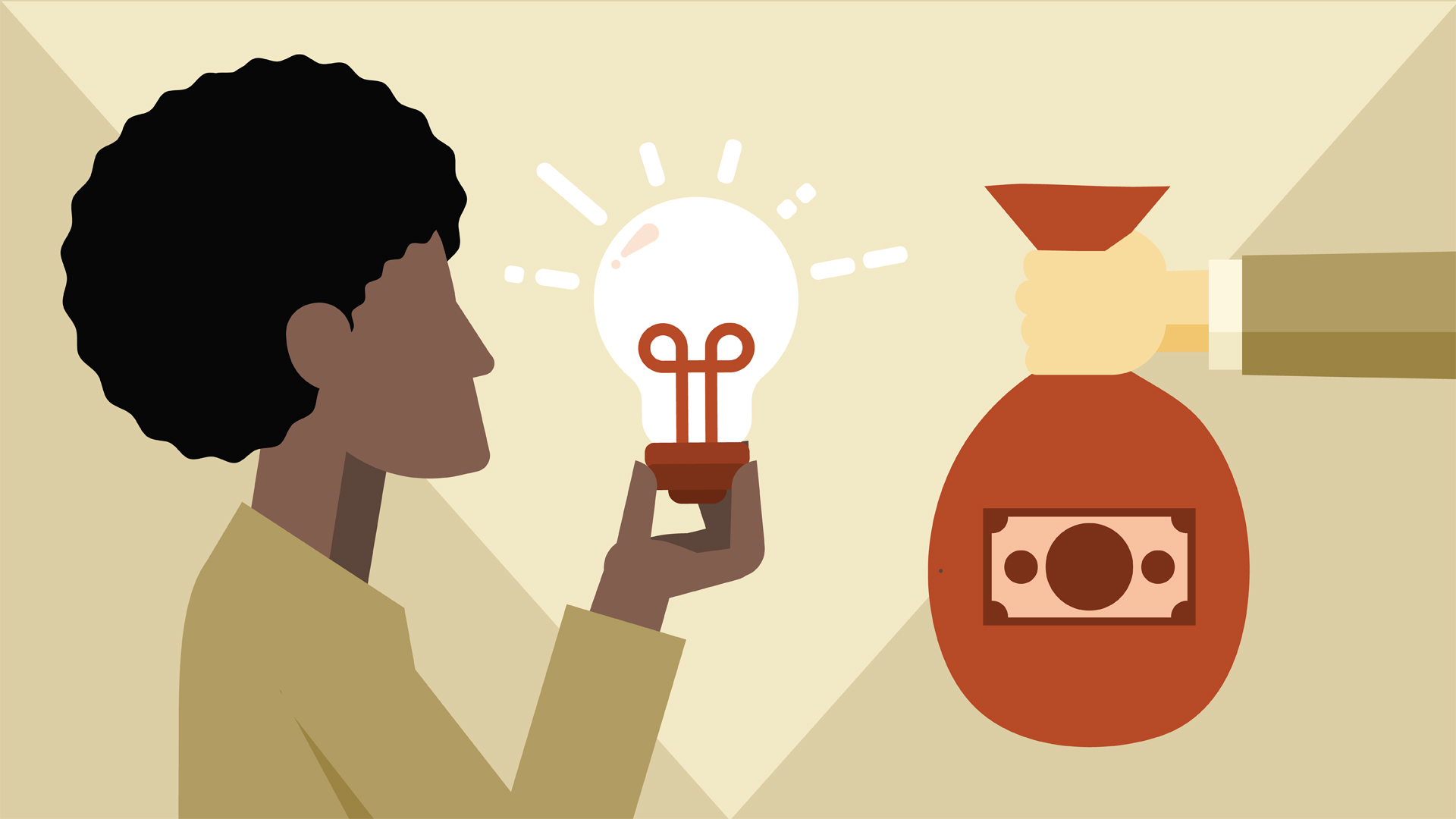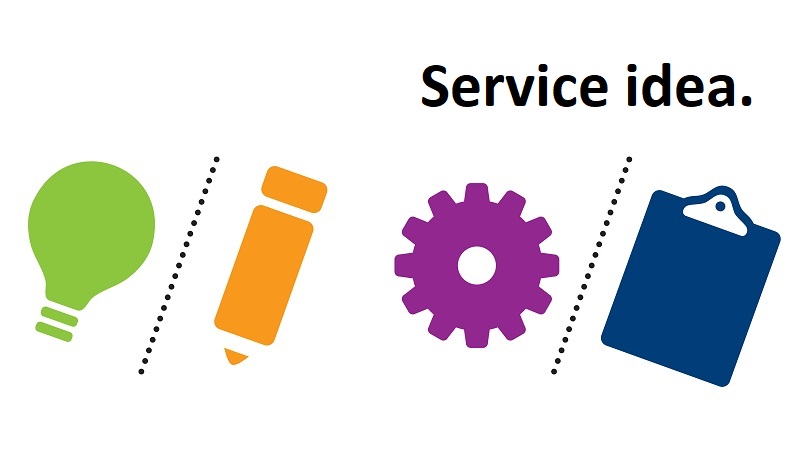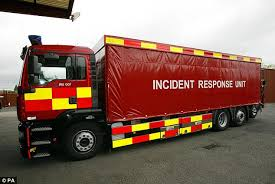How many times have you not heard people say “how did it happen to me!”? In general, this is because it is believed that thinking a business is easy; that only ingenuity is enough, an attractive and showy approach with unique sex appeal when speaking. Yes, that helps. However, business ideas are like wine: what is a business idea they require a careful maturation to achieve the acceptance of diners and, of course, a knowledge of how the taste of the diner is shaped.
According to the experts consulted for this note, a business idea is distinguished because it appears raised as a hypothesis.And this outlines a possible solution that will impact the lives of people and, in the long term, the economy of a sector, region or country. But fundamentally, it means that someone will be willing to pay for it consistently and consistently. The rest of the ideas can also have an impact, although they do not necessarily translate into money to create more value, jobs, and market recurrently.
What is a business idea

In short, a solution that is business is to know a situation where: a) certain problems are projected; b) certain elements, agents, resources and effective solutions are recognized -as well as their respective impacts- involved in an economic dynamic; c) a new way of overcoming areas of opportunity not yet covered is designed -by means of know-how, new sales or distribution channels, applied sciences, innovation in products or services, optimization of processes or even, turning over an entire industry from its traditional approach-; and d) these solutions are monetized in favor of their creators and implementers.
The effectiveness of the idea understood as a product or service that the entrepreneur wishes to offer the market, is characterized by taking into account existing trends and technologies to enter a sector. As Gabriel Charles, director of Wayra Mexico – a business accelerator belonging to the Telefónica company – points out, “we must start from ourselves. The solution that we intend to offer must be consistent with our lifestyle and the way in which it will affect a specific market. ”
For Oliver Camargo, co-founder and general manager of WePlann, “every business idea has as its premise that the customer pays for it. This is irrefutable proof that your hypothesis is viable and will work. ” And as the expert recalls, “you have to go out on the street, listen to the market – who could be your potential customers – and be attentive to the changes that occur in the entrepreneurial ecosystem on a daily basis”.
How to know if the impact will result in a good result? Camargo’s recommendation: to collect macroeconomic and market data that serve to recognize the feasibility of transforming this hypothesis into a sustainable and scalable idea.
How to create value

Arthur Schopenhauer, a German philosopher, said that a genius is able to see the idea in the phenomena of reality. And just behind every great business idea is the observation and study of a way to operate the market in the purest style of scientists. In business, this process of guessing solutions is known as generating value, says Federico Antoni, co-founder of Venture Institute and Venture Partners. “A business idea ceases to be so insofar as the reasons for which solutions are proposed and what is expected to be achieved are detailed,” clarifies the also venture capitalist and professor at the Venture Institute.
It is important that when you formulate a hypothesis as a solution you consider what kind of idea you think to develop. According to Antoni, there are basically three types of business ideas:
High impact idea.

As the name implies, are those ideas designed to generate social or environmental changes on a large scale and that eventually represent a key factor in the macroeconomics of a country or, even, on a global scale.
Product idea.
These are the ideas where what you intend to manufacture is a practical solution per se for the consumer that, as Camargo states, “does not always coincide with the ideal end user”. Here, the products are characterized by being unique in their class and, although repeatable, difficult to match in anticipation of a problem.
Service idea.

The added value of this type of ideas is focused on giving assistance and direct attention to a problem through specific methodologies applicable by the human factor or, by means of intelligent technologies. They are generally included in sectors such as health, banking, agricultural, legal, etcetera. “These types of ideas are valuable because, without being of high impact, they generate values such as community,” says Charles.Recognizing where the idea was born and where it is going is essential to determine the benefits that both you (entrepreneur) and the community sector (target market) for which it should be destined will achieve. For Federico Antoni, every business idea is to the extent that they are clear 1.- the starting point and 2.- the end user, so that the latter, at a certain moment, is willing to give back for the product or service granted.
The difference between what is a business idea that only gives solutions without monetizing them -for example, a government program to install free WiFi in schools- and a business idea -the free installation of WiFi modules in squares and markets in exchange for an individual rental plan or by trade-, consists, simply, that the second anticipates a mechanism to generate wealth and ensure its sustainability over time (which translates into jobs, taxes – later free WiFi in schools -, greater investment in innovation, service, etc.). “A good business idea is not to discover the black thread, its relevance is in the monetization and the right time to insert it in the market”, concludes Antoni.










+ There are no comments
Add yours